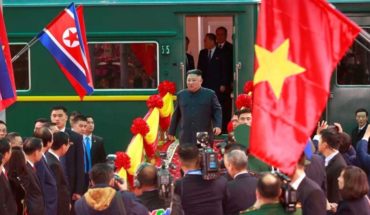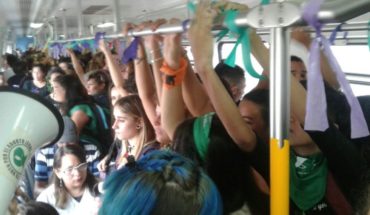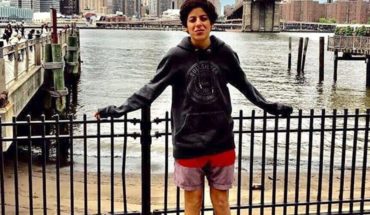
Today the Rules committee of the Constitutional Convention met in an extraordinary session to present the numerous proposals for regulations, which are intended to design the rules that will govern the CC in its process to write the New Constitution, one of the most relevant steps these days, before entering into the substantive issues.
At the beginning of the session, the secretary of the commission, attorney Julian Saona, reported that from next week the subcommittees of the instance will meet in dependencies of the University of Chile, whose spaces will be delivered on Monday.
“From the physical point of view, the building of the Chamber of Deputies, where you have been working, during the last month, is not possible to accommodate all the committees and subcommittees that have been constituted these weeks. For this reason, the Rules Committee appealed to the U of Chile. A couple of days ago I made contact with the rector, Mr. Vivaldi, who in a very enthusiastic, generous and efficient way arranged the use of 3 rooms, great, I visited them yesterday, so that the 3 subcommittees work”, informed the secretary. He added that the technical issue of the transmission of the sessions must be resolved, and that the Senate also arranged for the advice of 2 lawyers from the Constitution, Justice, and Regulation Commission to accompany the work of the body.
Immediately afterwards, constituents of the UDI demanded this decision, which they considered to be unconsulted, generating a debate at the beginning of the session. “I think that this should also have been discussed in the committee, because from the outset I have doubts as to why it was not necessary to use the offices of the Pereira Palace if we were already going to divide into smaller groups, or that the decision to use or not to use the facilities of a university outside the facilities of the Convention had been discussed. We are simply notifying ourselves today of a decision,” emphasized constituent Marcela Cubillos.
To the criticism was added the constituent of the same party Constanza Hube. “It seems to me that trying to mess up this coordination with these kinds of completely arbitrary, disproportionate decisions, I would at least try to reevaluate that. Operating in another unit violates the established framework. This issue is not to the lot,” was part of his presentation.
Claims that were not echoed in other sectors, but rather a defense of the determination of the coordinators in the face of the space difficulties they have had to function. Secretary Julian Saona responded that it was not a personal decision. “These coordinations with the u of Chile and with the Senate were discussed with the convention table, and the most concrete instructions I received from the secretariat of the Convention,” he said, adding as an example of the difficulties, that the current session was not going to be transmitted and that at 2 a.m. he received a call from the chief of staff of The Minister of the Presidency Juan José Ossa to inform that could be transmitted.
Constituent Mauricio Daza added that “the Pereira Palace has shown that it is not an adequate space to function.” “If someone doesn’t like this, then let’s vote for it so we can move forward. Sticking to this doesn’t make much sense,” he emphasized. Meanwhile, one of the coordinators of the commission, Daniel Bravo, defended the decision to go to an external space. “The intentions of the coordination is that we can work without difficulties. It’s an objective fact that we don’t have physical space,” he said.
Constituent Agustin Squella, the first to present his proposal for a regulation, also made the point. “To ask my fellow constituents to avoid excessiveness. It seems excessive to me to say that the decision of the bureau in relation to the University of Chile is arbitrary. It was a prudent, operational decision. But I also think it is excessive to say that those who are criticizing that decision are practicing obstructionism to the Constitutional Convention,” he said.





